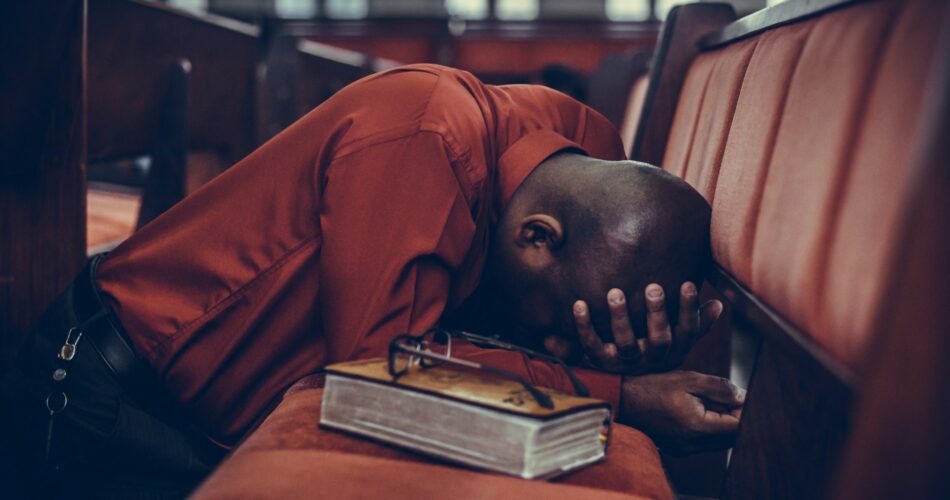It’s the end of an era.
Reverend William Lawson, a revered civil rights activist and the founding pastor of a historically significant African American megachurch in Texas, passed away just short of his 96th birthday. Lawson established Wheeler Avenue Baptist Church in Houston during the 1960s, which has since grown to a congregation of about 15,000 members. The church announced his death on a Tuesday morning, honoring him as their pastor emeritus and reflecting on his vast contributions as a spiritual leader and civil rights advocate.
Lawson’s career was marked by his multifaceted roles as a husband, father, grandfather, great-grandfather, preacher, professor, and civil rights leader. Often referred to as “Houston’s Pastor,” his influence spanned across numerous spheres of life. Harris County Commissioner Rodney Ellis, who played a role in dedicating a local park to Lawson and his late wife, described him as a monumental figure in the civil rights movement, emphasizing Lawson’s dedication to justice and equality and the personal mentorship he provided.
David Leebron, president emeritus of Rice University, also paid tribute to Lawson, highlighting his grace, humility, and significant impact on the community. Leebron noted Lawson’s efforts in fostering justice and unity within Houston. Lawson’s early life began in St. Louis, Missouri, in 1928, and he later graduated from Central Baptist Theological Seminary in 1955 with a focus on New Testament Interpretation and a Master of Theology.
During the 1960s, Lawson took on roles as director of the Baptist Student Union and as a professor at Texas Southern University, where he was instrumental in launching the Afro-American Studies Program at the University of Houston. His activism was ignited when TSU students conducted a sit-in to protest segregation, leading him to found Wheeler Avenue Baptist Church. He notably invited Reverend Martin Luther King Jr. to speak at his church in 1963 and led the Houston chapter of the Southern Christian Leadership Conference for over three decades, striving for desegregation.
Lawson’s dedication to civil rights and community service earned him honorary degrees from Howard Payne University in 1968 and the University of Houston in 1993. His legacy as a pioneer in civil rights and a unifying spiritual leader endures, leaving an indelible mark on both his congregation and the broader community.
